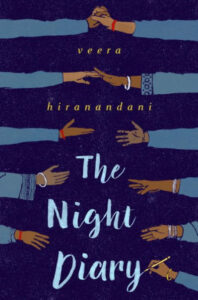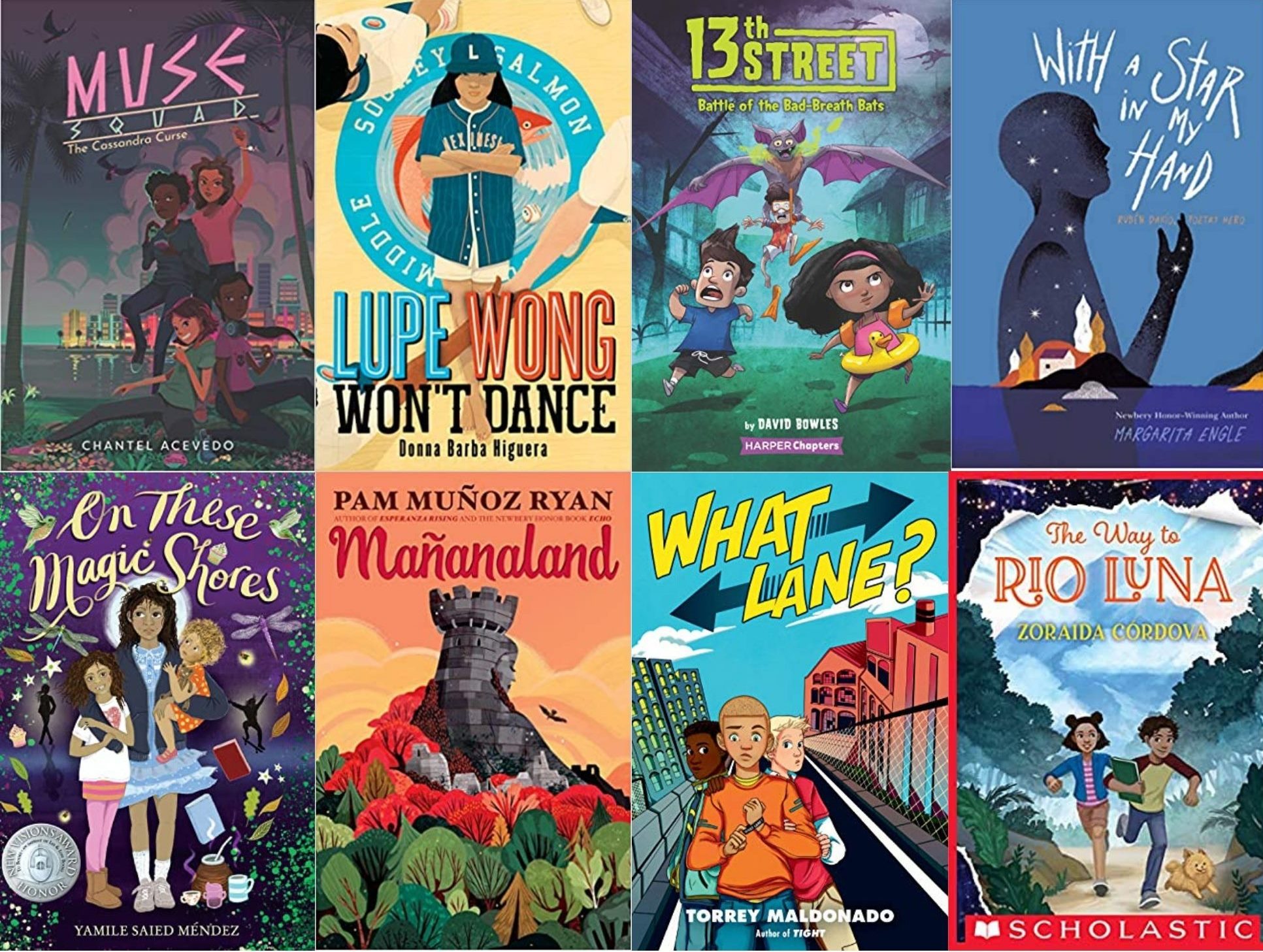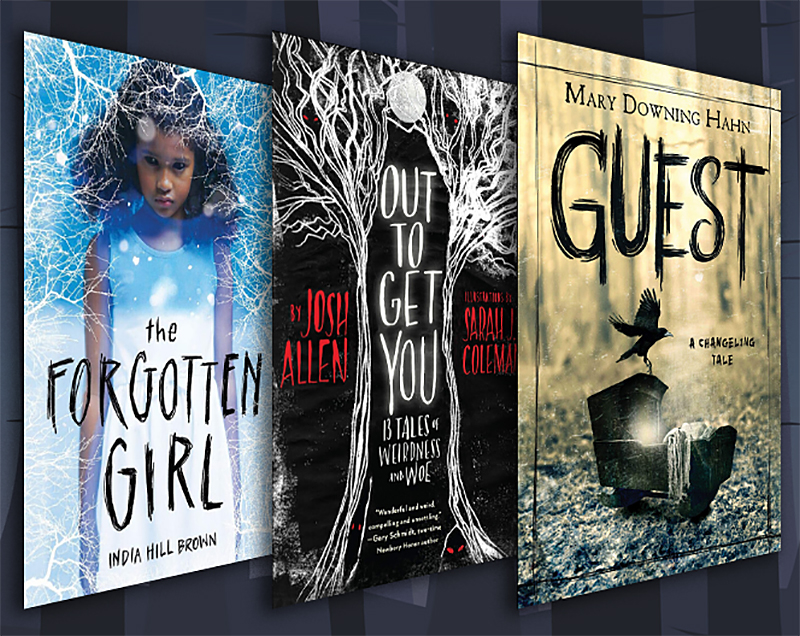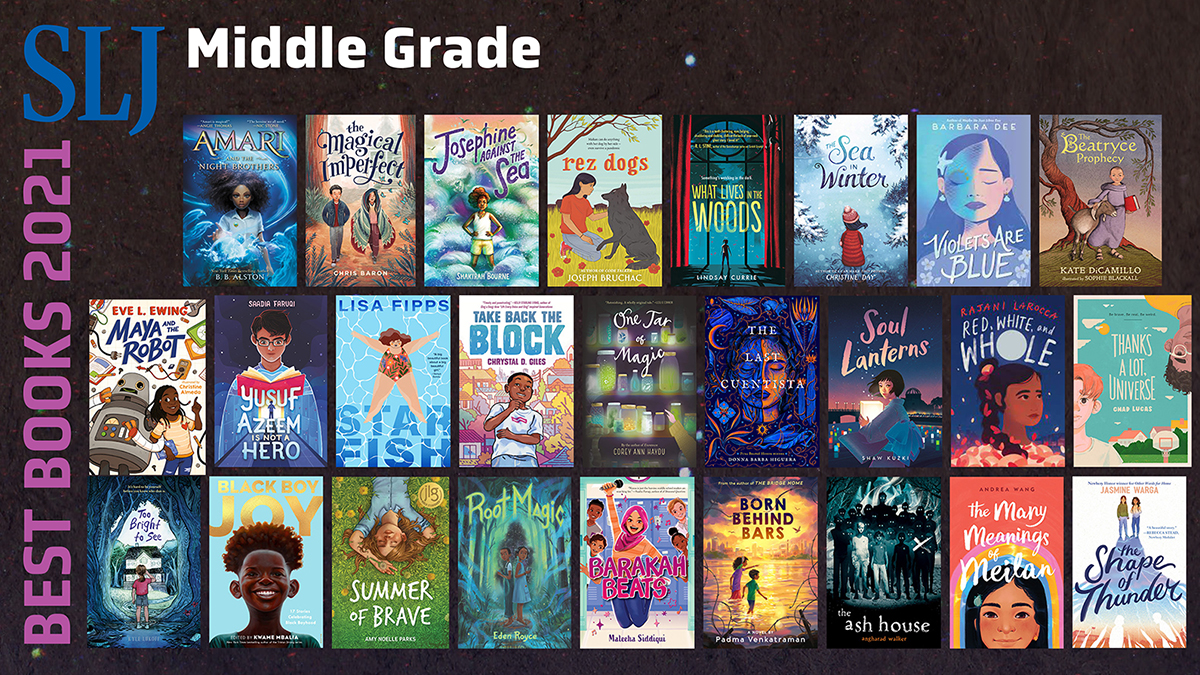Book Review: The Night Diary by Veera Hiranandani
Publisher’s description
 In the vein of Inside Out and Back Again and The War That Saved My Life comes a poignant, personal, and hopeful tale of India’s partition, and of one girl’s journey to find a new home in a divided country
In the vein of Inside Out and Back Again and The War That Saved My Life comes a poignant, personal, and hopeful tale of India’s partition, and of one girl’s journey to find a new home in a divided country
It’s 1947, and India, newly independent of British rule, has been separated into two countries: Pakistan and India. The divide has created much tension between Hindus and Muslims, and hundreds of thousands are killed crossing borders.
ADVERTISEMENT
ADVERTISEMENT
Half-Muslim, half-Hindu twelve-year-old Nisha doesn’t know where she belongs, or what her country is anymore. When Papa decides it’s too dangerous to stay in what is now Pakistan, Nisha and her family become refugees and embark first by train but later on foot to reach her new home. The journey is long, difficult, and dangerous, and after losing her mother as a baby, Nisha can’t imagine losing her homeland, too. But even if her country has been ripped apart, Nisha still believes in the possibility of putting herself back together.
Told through Nisha’s letters to her mother, The Night Diary is a heartfelt story of one girl’s search for home, for her own identity…and for a hopeful future.
Amanda’s thoughts
This was another of those rare books that I read in one sitting, ignoring all of the other things I was supposed to do, allowing myself to be sucked into this book and its world.
Nisha, an introvert who rarely speaks to people outside of her family, begins keeping a diary in July 1947, after Kazi, the family chef, gives her a blank book for her 12th birthday. She narrates her life and the events unfolding around her in letters to her Muslim mother, who died while giving birth to Nisha and Amil, her twin brother. Nisha’s father is Hindu (as are Nisha and Amil), and Kazi is Muslim. Nisha is used to being friends with Hindus, Muslims, and Sikhs, but that all changes when Partition happens. Nisha struggles to understand how India will soon be free from British rule, but will be divided up into two countries, one for Muslims and one for Hindus and Sikhs. Where they live will now be part of Pakistan, where Muslims will live. Nisha and her family must leave behind Kazi and make the perilous journey to their new home on foot. The trip is long, and they have very little food or water. As they grow more exhausted and dehydrated, Nisha becomes sure that she, Amil, her father, and their grandmother will all die. Their destination, while ultimately the new India, is first making it to Rashid Uncle’s house, halfway to the border. Rashid is their mother’s brother, someone Nisha has never met before. Their time there is precious, with Nisha recognizing so much of herself and her mother in Rashid. Leaving his house, being displaced yet again, is hard for Nisha. The remainder of their trip is horrific and frightening, but they arrive safely in their new home, where an unexpected surprise helps Nisha feel like this is more like home.
This intimate look at Partition, families, and identity is beautifully written and especially engaging due to the diary/letters format. A solid read for those looking for historical fiction, books about India’s history and culture, or refugees.
An author’s note explains that this novel is loosely based on her father’s family’s experience. A glossary is appended.
Review copy courtesy of the publisher
ISBN-13: 9780735228511
Publisher: Penguin Young Readers Group
Publication date: 03/06/2018
Filed under: Book Reviews
About Amanda MacGregor
Amanda MacGregor works in an elementary library, loves dogs, and can be found on Twitter @CiteSomething.
ADVERTISEMENT
ADVERTISEMENT
SLJ Blog Network
Happy Poem in Your Pocket Day!
This Q&A is Going Exactly As Planned: A Talk with Tao Nyeu About Her Latest Book
More Geronimo Stilton Graphic Novels Coming from Papercutz | News
Parsing Religion in Public Schools
ADVERTISEMENT







